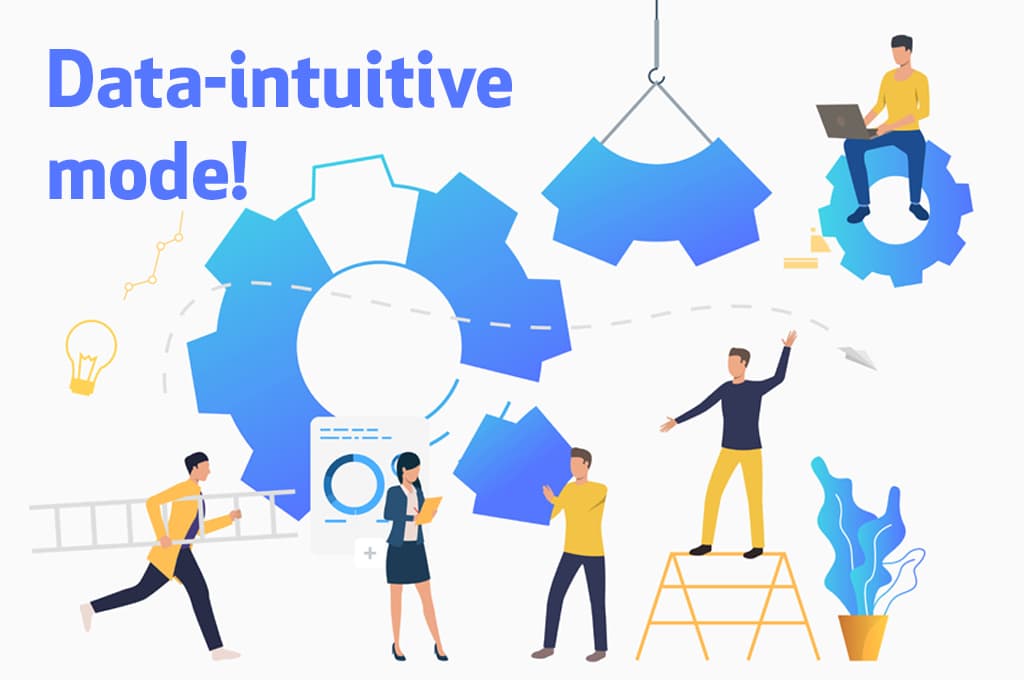The data is the new oil and fuel for digital economies. It is clear that the multiple technological advances in processing and mass analysis of information give us extraordinary knowledge to improve decision making. Something especially useful in a very competitive and complex environments like the current one.
An exciting evolution in which there is still a long way to go to extract the maximum value and apply it to multiple areas of our life (education, health, business and food, among others). This 4th “Industrial Revolution” involves spectacular investments in technology from leading companies and the boom of new professions such as data scientists.
Should we conclude that data is the only or main source of decisions from now on? I think it would be a big mistake.
Let’s look at some examples that contradict this seemingly omnimous power of data.
- Gary Kasparov (the former world chess champion) was proud of his rational intelligence that allowed him to visualize 15 moves ahead of the situation of any game. And yet it was clear that “intuition is the differential aspect of the best chess players.”
- Companies like Google, Microsoft or Apple are already hiring writers as consultants so as not to lose opportunities for innovation that come from the intuitive world.
- The “Hieroglyph” project at Arizona State University brings together science fiction authors and scientists to collaborate and create new solutions for the future. “The center’s mission is to think more ambitiously and creatively about the future” according to Ed Finn, its director. The center believes that science fiction is essential to expand the horizon, innovate and change the story we tell ourselves about the future.
- Author Julio Verne was the inspiration of Simon Lake, the inventor of the first submarine of the United States Navy, with “Twenty thousand leagues of underwater travel.”
- Steve Jobs created the iPad based in the movie Star Trek where he had seen a similar device several decades before giving birth to this great innovation.
“Despite the massive amount of data and analytical capabilities, experienced managers continue to listen to their” stomach (gut instinct) to make complex decisions in high stress contexts. This is the summary of the brilliant article ‘Intuitive decision making’ recently published in the MIT.
Intuition is essential for innovation. This is stated by multiple experts because it opens our minds to the unknown. Let’s bet on technology, data and the wonderful options that open to us. Let’s also strengthen our most emotional and intuitive side. The synergies are probably exponential … and magical.
Intuition by itself is not the solution. It has dangers such as poorly considered and informed decisions, overconfidence or the search for data that only support our perceptions. Strategic decisions: When can you trust your gut? is a good McKinsey article that alerts us to this.
That is why I believe that in the future the best companies and the best decisions will be “data-intuitive”. This is what many prestigious investigations say. And that is also my intuition.
David Reyero Trapiello – Senior HR Business Partner – Sanofi Iberia
e-mail: David.reyero@sanofi.com / Twitter: @davidreyero73 / Linkedin: linkedin.com/in/davidreyerotrapiello/

Leave a Reply